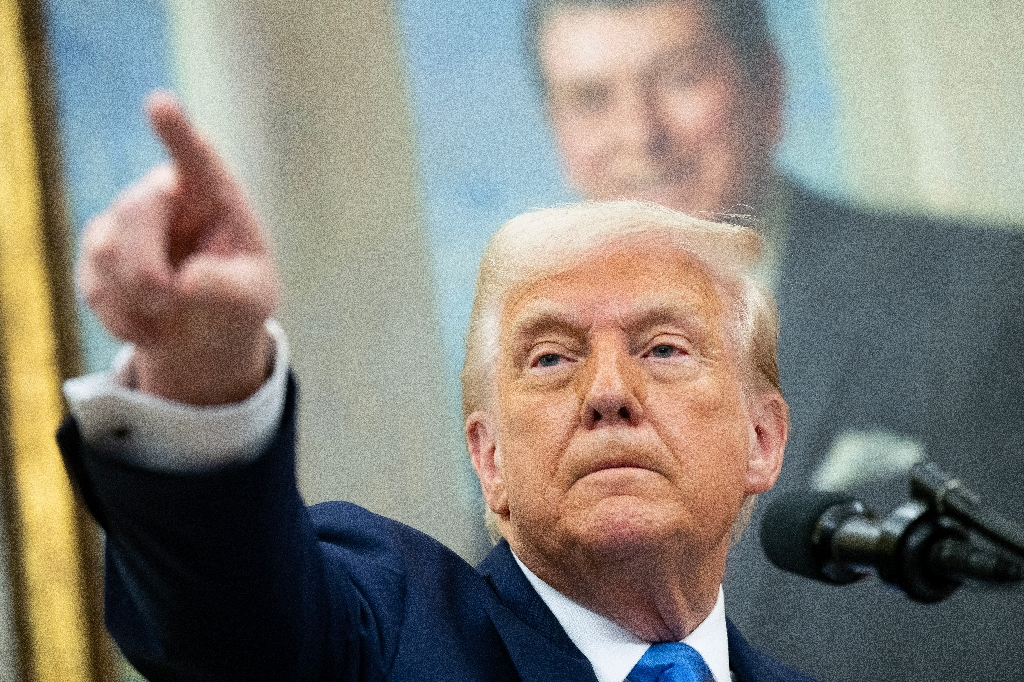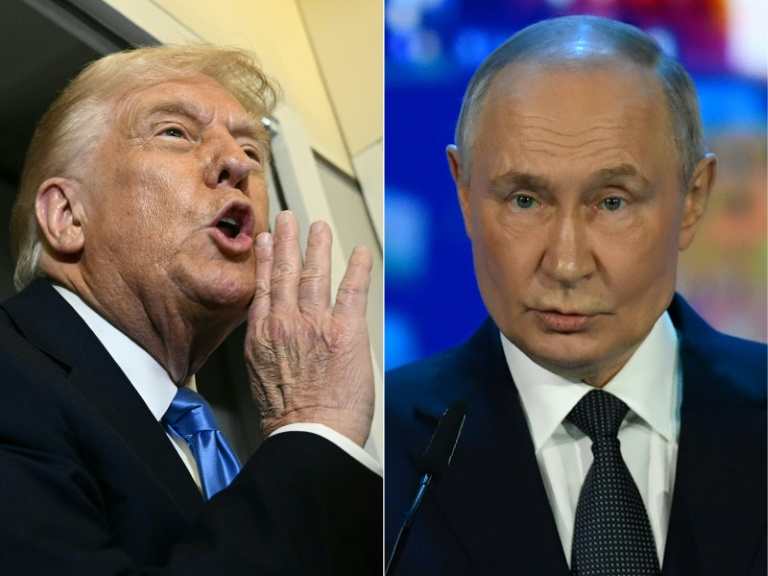La Paz (AFP) – Bolivian ex-president Evo Morales accused his successor on Tuesday of launching a “brutal judicial war” against him after prosecutors issued an arrest warrant over his alleged relationship with a minor while in office. Morales, one of Latin America’s longest-serving leaders, has been locked in a months-long standoff with the state over accusations he fathered a child in 2016 with a 15-year-old girl.
On Monday, public prosecutor Sandra Gutierrez confirmed that she had issued an arrest warrant for the country’s 2006-2019 leader on charges of “human trafficking involving a minor.” She called for him to be placed in preventive custody for six months. Morales has repeatedly denied the allegations against him, claiming they are part of a plot by incumbent President Luis Arce — a former ally turned rival — to prevent him staging a political comeback.
Writing on X, the 65-year-old Morales, a left-wing nationalist, accused Arce of being behind the case against him, which he alleged was aimed at currying favor with the United States. “I denounce to the world that I am the victim of a brutal judicial war (lawfare) carried out by the government of Luis Arce, who promised to hand me over to the US as a trophy of war,” he wrote. Morales’s lawyer, Nelson Cox, told AFP on Tuesday that his client was in hiding in his central political stronghold of Cochabamba and would not surrender to the police.
A former coca farmer who grew up in grinding poverty, Morales made history as Bolivia’s first Indigenous leader but lost support after trying to cling onto power for a third term. In October, prosecutors said they were investigating him for statutory rape — sex with a minor — as well as human trafficking and smuggling, but have since focused on trafficking. They believe the girl was placed by her parents in the youth guard of Morales’s political movement when he was president “with the sole purpose of climbing the political ladder and obtaining benefits…in exchange for their underage daughter.” The girl’s father has been in preventive custody since October.
Morales’s lawyers claim he was already investigated over the same allegations in 2020 but that the case was dismissed for lack of evidence. Gutierrez said the warrant against Morales was issued on October 16 but that it had been “impossible” to execute it because of resistance from his supporters. Between mid-October and early November, Morales’s mostly Indigenous supporters barricaded highways leading to Cochabamba to prevent his threatened arrest. The blockade, which caused widespread shortages of food and fuel, lasted for 23 days.
Dozens of security force members were injured in clashes with the protesters. At one point, Morales accused Arce of trying to have him assassinated, with a video showing a pick-up truck in which he had travelled riddled with bullet holes and his driver bleeding from the head. The government said police shot at his vehicle after coming under fire from his convoy at a police checkpoint.
Morales’s refusal to give up power in 2019 after two terms led to a tumultuous exit that cast a shadow over nearly 14 years of economic progress and poverty reduction. Forced to resign after elections tainted by fraud, he slipped away into exile in Argentina, returning home a year later. Despite being barred by Bolivia’s courts from seeking a third term, he is seeking the nomination of the left-wing MAS party in August 2025 presidential elections. In September, he led a march of thousands of Bolivians on the capital La Paz to protest Arce’s policies.
© 2024 AFP




